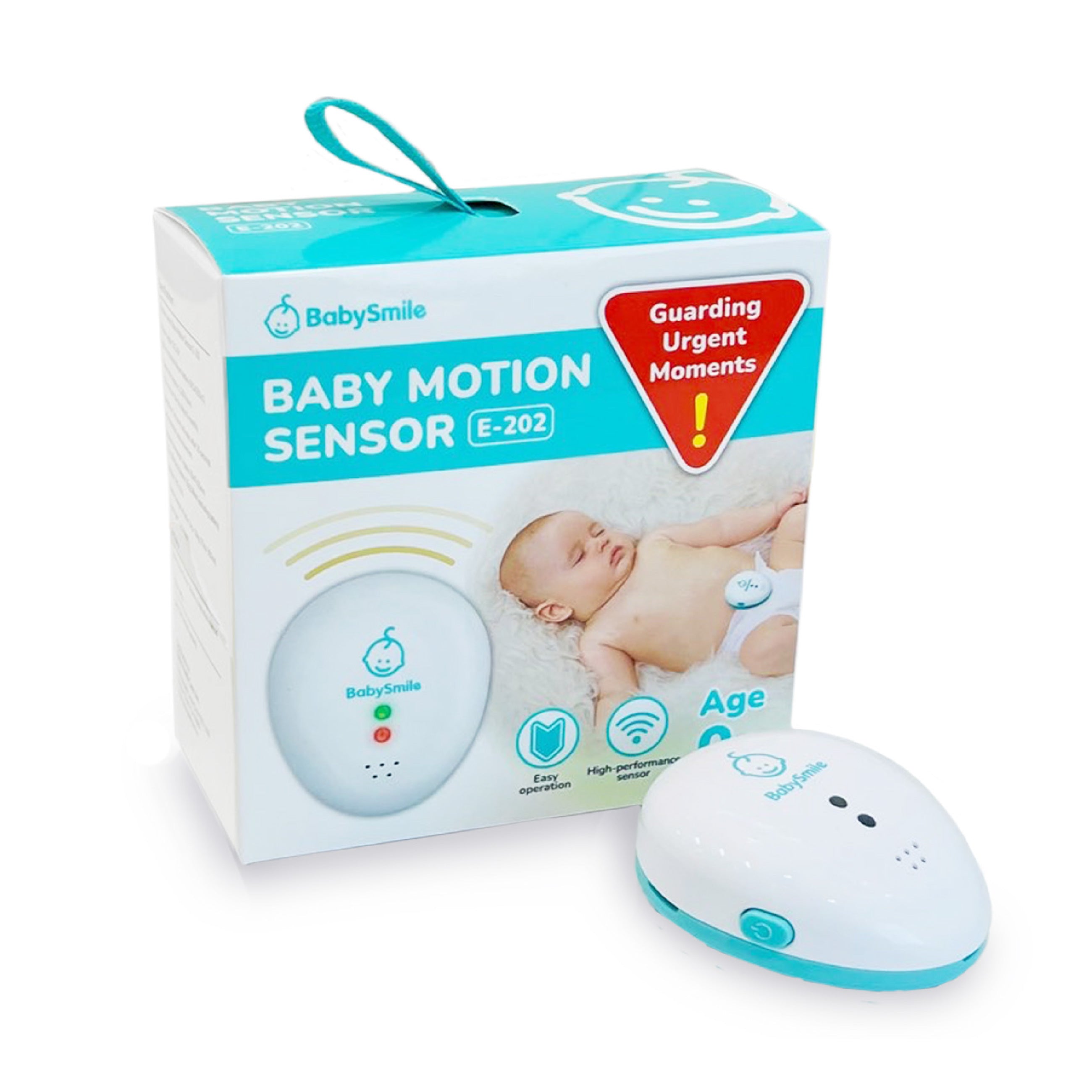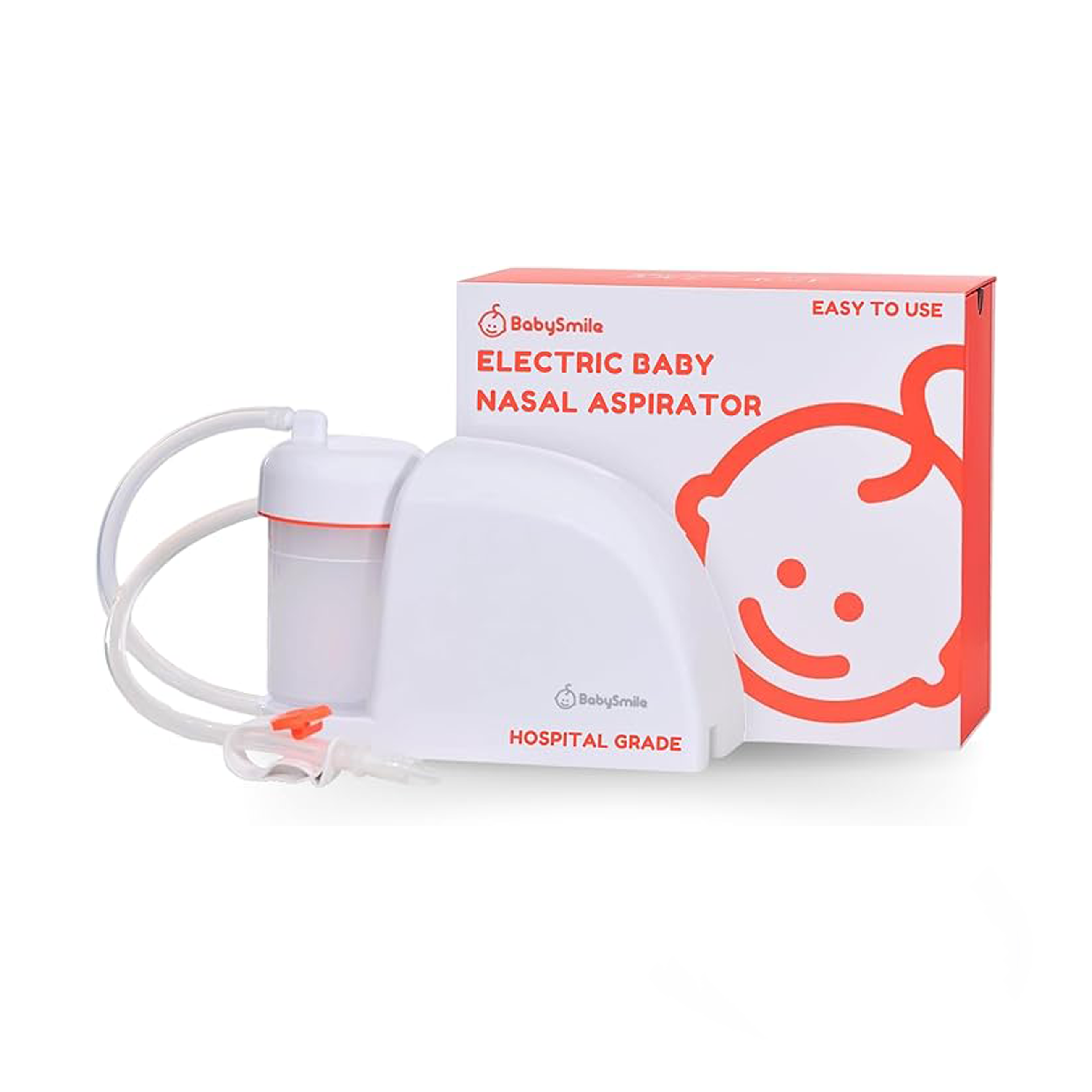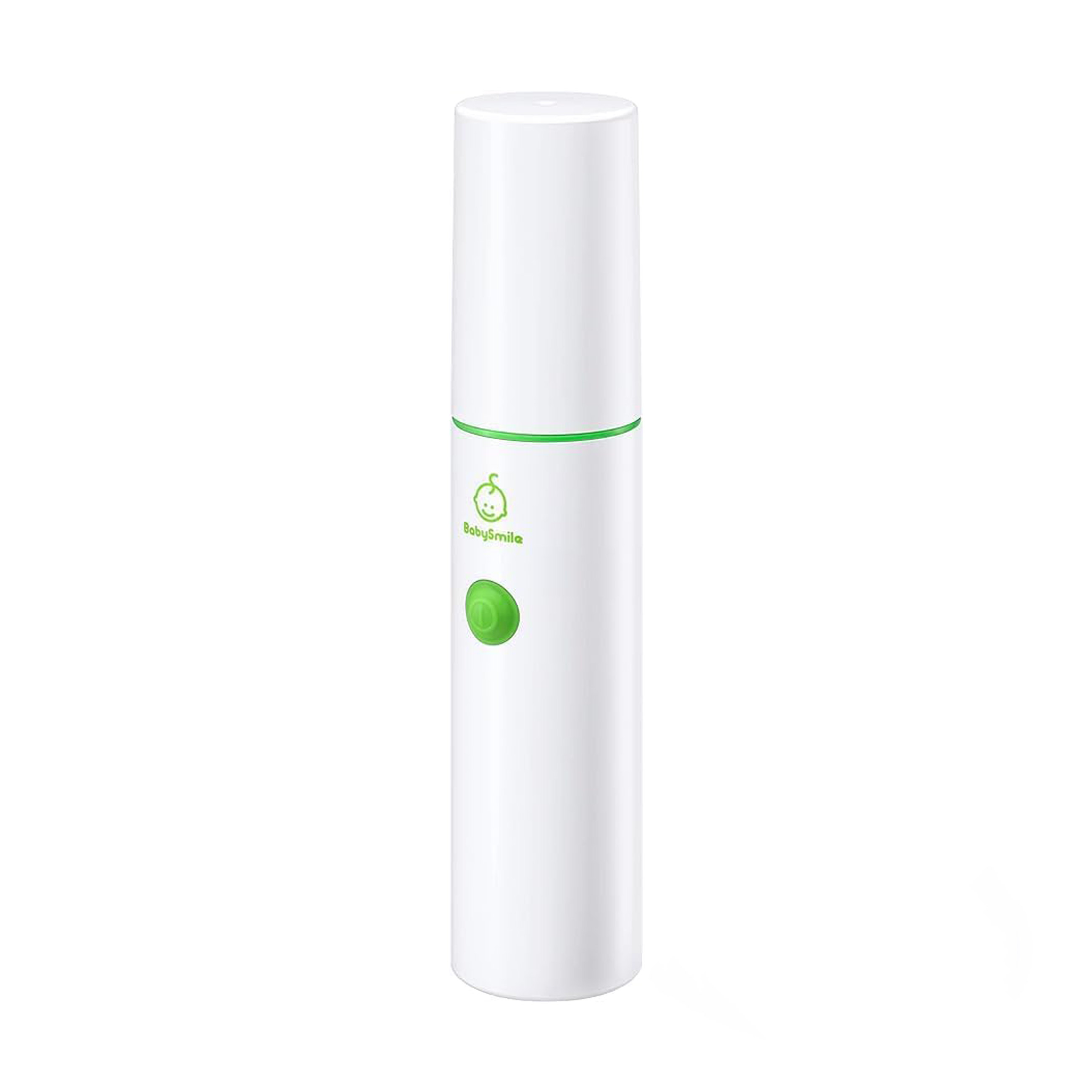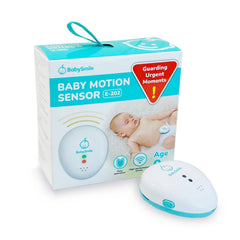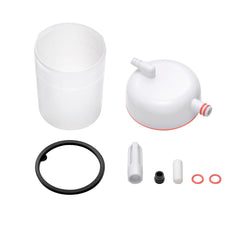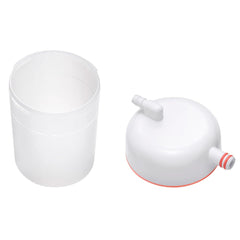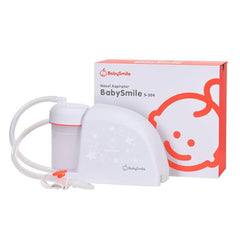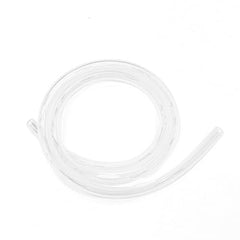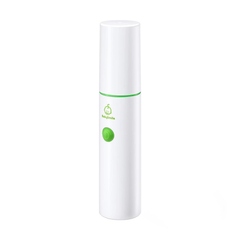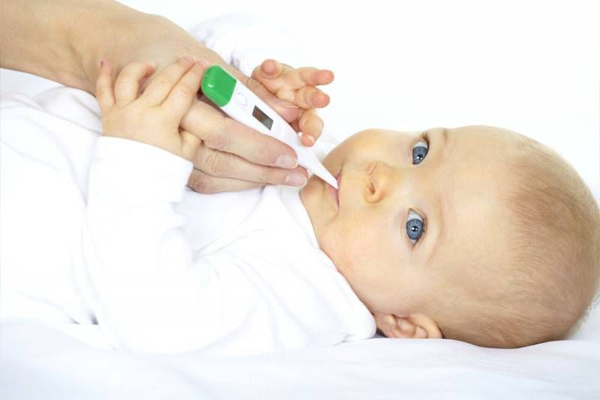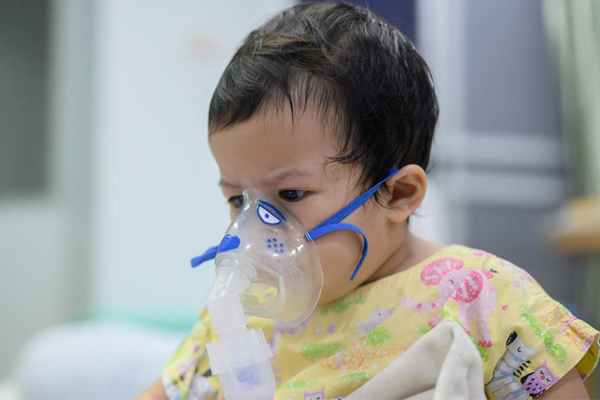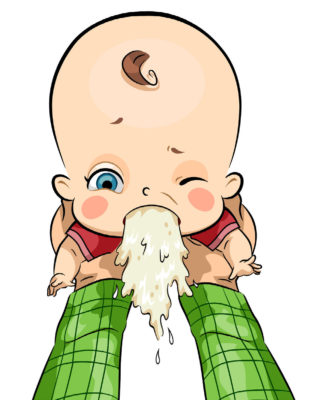
Also called the “stomach flu,” a “tummy bug” or “belly ache,” gastroenteritis is a common ailment among babies and young children.
Gastroenteritis is an inflammation of the digestive system and is caused by a virus, bacteria or parasite. In the United States, Rotovirus and Adenovirus commonly cause digestive discomfort among babies and children.
Symptoms of gastroenteritis can vary depending on the type of bug that causes the illness and the child who contracts it. Symptoms might include:
- Vomiting,
- Diarrhea,
- Abdominal cramps,
- Fever,
- Headache,
- Achy limbs,
- Lack of appetite.
Should You See a Doctor?
While gastroenteritis is unpleasant, symptoms usually improve in a few days without medical intervention. The biggest concern with gastroenteritis in infants is dehydration. Dehydrations occurs when food and/or liquid intake decreases, depriving the body of nutrients and water. Symptoms of dehydration include:
- Decreased urine output
- Dry mouth, tongue and lips,
- Decreased tears during crying,
- Sunken eyes or fontanel (soft spot on head),
- Weakness and irritability,
- Drowsiness,
- Cold hands and feet,
- Fast, shallow breathing.
If you think your infant is dehydrated, contact your doctor immediately. You should also seek a doctor’s advice if your child is under six months of age and has gastroenteritis, if your child runs a fever greater than 103 degrees F, if the diarrhea is bloody or if your child’s condition doesn’t improve in three-to-four days.
What Parents Can Do at Home for Gastroenteritis
If they will, breastfed babies should be allowed to nurse normally. Formulafed babies should take formula at half strength for two to three feedings after abdominal upset starts. Depending on the age and condition of your baby, your doctor may advise you to give extra water or electrolyte drinks like Pedialyte.
Older children should be allowed to eat solid foods once they tolerate clear liquids without vomiting or diarrhea. Start with the “BRAT” diet which includes soft, mild foods that help the gastrointestinal system recover from the illness.
How Can Gastroenteritis Be Prevented?
Gastroenteritis is caused by a wide variety of viruses which can be shared from person to person. Wash your hands and your child’s hands frequently. You should also wash your child’s toys and pacifier regularly, and don’t let your baby eat after other children. Gastroenteritis can also be a result of food poisoning which occurs from bacteria in food.

